Understanding NHS Dental Charges: A Guide for Patients
Take Action Now to Reduce NHS Dental Charges
Are you concerned about the rising costs of NHS dental charges? You’re not alone. The cost of dental care is increasing, and it’s becoming increasingly difficult for many people to afford the treatments they need. Fortunately, there are steps you can take to reduce your NHS dental charges. Start by learning more about the different types of treatments available and the associated costs. Researching the various options can help you make an informed decision about which treatment is best for you. You can also look into ways to save money on dental care. For example, some dentists offer discounts for cash payments or for patients who pay in full at the time of their appointment. Additionally, some insurance plans may cover a portion of the cost of certain treatments. Finally, consider taking advantage of online resources such as DentalBooks.net. This website provides helpful information about dental care, including tips on how to save money on treatments. Don’t let rising dental costs prevent you from getting the care you need. Take action now to reduce your NHS dental charges and ensure that you get the quality care you deserve.
Introduction
Overview of NHS Dental Charges
The NHS Dental Charges are the fees that patients must pay for dental treatment in the United Kingdom. The charges are set by the National Health Service (NHS) and are based on the type of treatment received. Patients may be eligible for free or reduced-cost dental care depending on their age, income, and other factors.
The NHS Dental Charges are divided into three categories: Band 1, Band 2, and Band 3. Band 1 covers an examination, diagnosis, advice, and preventive care such as scaling and polishing. Band 2 covers more extensive treatments such as fillings, root canal treatment, and extractions. Band 3 covers complex treatments such as crowns, bridges, dentures, and orthodontic work.
Patients who are exempt from paying NHS Dental Charges include those aged under 18, pregnant women, and those receiving certain benefits. Those who are not exempt may be eligible for help with the cost of their treatment through the NHS Low Income Scheme.
The NHS Dental Charges are reviewed annually and may change from year to year. It is important to check the current charges before booking an appointment.
In addition to the NHS Dental Charges, some private practices may charge additional fees for certain treatments. These fees are usually higher than the NHS charges and should be discussed with the dentist before any treatment is carried out.
Eligibility for NHS Dental Treatment
The National Health Service (NHS) provides free dental treatment to certain groups of people in the UK. Eligibility for NHS dental treatment depends on a number of factors, including age, residence, and income.
Children under 18 are eligible for free NHS dental treatment, as are pregnant women and those who have had a baby in the last 12 months. People aged 18 or over may also be eligible if they receive certain benefits, such as Income Support, Universal Credit, Pension Credit Guarantee Credit, or Employment and Support Allowance.
In addition, people who are registered with an NHS dentist and meet certain criteria may be eligible for free NHS dental treatment. These criteria include being on a low income, receiving certain benefits, or having a medical condition that affects their oral health.
If you are not eligible for free NHS dental treatment, you may still be able to access discounted dental care through the NHS Low Income Scheme. This scheme is available to people who are on a low income and have a valid NHS tax credit exemption certificate.
It is important to note that eligibility for NHS dental treatment does not guarantee that you will be able to access treatment. You must still register with an NHS dentist and make an appointment. If you are eligible for free NHS dental treatment, you will need to provide proof of your eligibility when you attend your appointment.
If you are unsure whether you are eligible for free NHS dental treatment, you should contact your local NHS dental practice for more information.
Types of NHS Dental Treatments and Costs
How to Claim Back NHS Dental Charges
Claiming back NHS dental charges is a process that can be done by anyone who has paid for NHS dental treatment. It is important to note that not all treatments are eligible for reimbursement, and the amount of money you can claim back will depend on your individual circumstances.
The first step in claiming back NHS dental charges is to contact your dentist and ask for a refund form. This form will need to be completed and returned to the dentist, along with any relevant receipts or invoices. Once the form has been received, the dentist will review it and determine whether or not you are eligible for a refund. If you are eligible, the dentist will then issue you a cheque for the amount of money you are owed.
It is important to note that there are certain criteria that must be met in order to be eligible for a refund. For example, you must have paid for the treatment yourself, rather than having it covered by an insurance policy. Additionally, the treatment must have been provided by an NHS dentist, and the cost must have been more than £100.
If you believe that you are eligible for a refund, it is important to act quickly. Refunds are only available for up to 12 months after the date of the treatment, so it is important to make sure that you submit your claim as soon as possible. Additionally, it is important to keep all relevant documents and receipts, as these may be required when submitting your claim.
Claiming back NHS dental charges can be a complicated process, but it is worth doing if you believe that you are eligible for a refund. By following the steps outlined above, you should be able to successfully claim back any money that you are owed.
Common Questions about NHS Dental Charges
NHS dental charges are a common concern for many people in the UK. The cost of dental care can be expensive, and it is important to understand what you will be charged for different treatments. Here we answer some of the most common questions about NHS dental charges.
What are the NHS dental charges?
The cost of NHS dental treatment depends on the type of treatment you need. There are three bands of NHS dental charges: Band 1 (£22.70), Band 2 (£62.10) and Band 3 (£269.30). Band 1 covers an examination, diagnosis and advice. Band 2 covers all treatments included in Band 1, plus additional treatments such as fillings, root canal work and removing teeth. Band 3 covers all treatments included in Bands 1 and 2, plus more complex procedures such as crowns, bridges and dentures.
Do I have to pay for NHS dental treatment?
Yes, you will need to pay for your NHS dental treatment. However, there are some exemptions and discounts available. For example, if you are under 18, pregnant or have certain medical conditions, you may be eligible for free NHS dental treatment. You may also be eligible for a discount if you are on a low income or receive certain benefits.
Are there any other costs associated with NHS dental treatment?
Yes, there may be additional costs associated with your NHS dental treatment. These include the cost of X-rays, anaesthetics and laboratory fees. Your dentist will discuss any additional costs with you before starting treatment.
Is there a limit to how much I can be charged for NHS dental treatment?
Yes, there is a maximum charge for each band of NHS dental treatment. This means that you will not be charged more than the maximum amount for any treatment. The maximum charge for Band 1 is £59.10, for Band 2 it is £269.30 and for Band 3 it is £723.90.
Where can I find out more about NHS dental charges?
You can find out more about NHS dental charges by visiting your local dentist or by visiting the NHS website. Your dentist will be able to provide you with detailed information about the cost of your treatment and any exemptions or discounts that may apply.
Conclusion
In conclusion, understanding NHS dental charges is essential for patients to ensure they are receiving the best care and treatment. By familiarising yourself with the different types of treatments available, the cost of each treatment, and the various payment options available, you can make an informed decision about your dental care. With this knowledge, you can be confident that you are getting the most out of your NHS dental care.
Only logged in customers who have purchased this product may leave a review.
Related Products
JOURNALS/ARTICLES
Excelling in Dentistry: Unveiling the 20 Best Dental Online Courses for Dentists in 2023
JOURNALS/ARTICLES
Unveiling the 20 Best Dental Online Courses for Dentists in 2023
JOURNALS/ARTICLES
Explore the Top 20 Dental Online Courses for Dentists in 2023
JOURNALS/ARTICLES
Unveiling the 20 Best Dental Online Courses in 2023 for Dentists
JOURNALS/ARTICLES
Discover the Top 20 Dental Online Courses in 2023 for Dentists
JOURNALS/ARTICLES
JOURNALS/ARTICLES
JOURNALS/ARTICLES
Top 10 Best Orthodontics Books to Enhance Your Knowledge in 2023
JOURNALS/ARTICLES
Get Ahead in Your Orthodontics Career: 20 Essential Books Every Student Should Read
JOURNALS/ARTICLES
A Comprehensive Guide to the Top 20 Orthodontics Books of All Time
JOURNALS/ARTICLES
JOURNALS/ARTICLES
Uncover the 20 Top Orthodontics Books to Guide Your Education
JOURNALS/ARTICLES
JOURNALS/ARTICLES
Get the Edge on Orthodontics: Uncovering the Top 20 Books of All Time
JOURNALS/ARTICLES
An Essential Reading List: The 20 Best Orthodontics Books of All Time
JOURNALS/ARTICLES
A Comprehensive Look at the Leading Orthodontics Resources Available
JOURNALS/ARTICLES
Advance Your Orthodontic Knowledge – Top 20 Recommended Books
JOURNALS/ARTICLES
Uncover the Riches of Orthodontic Knowledge: A Review of the 20 Best Orthodontics Books
JOURNALS/ARTICLES
JOURNALS/ARTICLES
5 Must-Read Books on Orthodontics for Healthcare Professionals
JOURNALS/ARTICLES
JOURNALS/ARTICLES
Find Out What Orthodontist Achieve with Recommended Reading Materials
JOURNALS/ARTICLES
JOURNALS/ARTICLES
JOURNALS/ARTICLES
An Overview of the Best Orthodontic Books for Dental Professionals
JOURNALS/ARTICLES
Discovering the Best Dental Books at UNSW Sydney: A Guide for Students
JOURNALS/ARTICLES
Discovering the Best Dental Books at the University of Bristol Library
JOURNALS/ARTICLES
Discovering the Best Dental Books at Ecole normale supérieure, Paris: A Guide for Students
JOURNALS/ARTICLES
Discovering the Best Dental Books at KAIST: Korea Advanced Institute of Science & Technology
JOURNALS/ARTICLES
JOURNALS/ARTICLES
Discovering the Best Dental Books at UCSD: A Guide for Students
JOURNALS/ARTICLES
Discovering the Best Dental Books at Peking University: A Guide for Students and Professionals
JOURNALS/ARTICLES
Discovering the Best Dental Books at Kyoto University Library
JOURNALS/ARTICLES
Discovering the Best Dental Books at Seoul National University Library
JOURNALS/ARTICLES
Discovering the Best Dental Books at London School of Economics and Political Science (LSE)
JOURNALS/ARTICLES
JOURNALS/ARTICLES
Discover the Best Orthodontics Books in PDF Format for Free Download
JOURNALS/ARTICLES
Top 100 Best Orthodontics Books: A Comprehensive Guide to the Must-Reads for Orthodontists
JOURNALS/ARTICLES
JOURNALS/ARTICLES
Top 20 Best Orthodontics Books: A Comprehensive Guide to the Must-Reads for Orthodontists
JOURNALS/ARTICLES
JOURNALS/ARTICLES
Top 5 Best Orthodontics Books: A Comprehensive Guide to Finding the Right Resource for You
JOURNALS/ARTICLES
50 of the Best Orthodontics Books to Read: A Comprehensive Guide for Orthodontists
JOURNALS/ARTICLES
Dental Care: A Guide to Understanding the Basics of Dentistry Books
JOURNALS/ARTICLES
Exploring the Benefits of Reading Books on Dentistry: A Guide for Dental Professionals
JOURNALS/ARTICLES
Exploring the Benefits of Reading Books on Dentistry: A Guide for Patients and Professionals
JOURNALS/ARTICLES
JOURNALS/ARTICLES
Discover the Best Dental Books Online in Ireland: A Guide to Finding Quality Resources
JOURNALS/ARTICLES
Discovering Dental Books Online in Belarus: An Informative Guide
JOURNALS/ARTICLES
Discover the Best Dental Books Online in Nigeria: A Guide to Finding Quality Resources
JOURNALS/ARTICLES
Discovering Dental Books Online in Albania: An Informative Guide
JOURNALS/ARTICLES
Discovering Dental Books Online in Palestine: A Guide to Finding Quality Resources
JOURNALS/ARTICLES
JOURNALS/ARTICLES
Discovering Dental Books Online in Guatemala: A Guide to Finding Quality Resources
JOURNALS/ARTICLES
Discovering Dental Books Online in Kazakhstan: An Informative Guide
JOURNALS/ARTICLES
JOURNALS/ARTICLES
JOURNALS/ARTICLES
Discover the Best Dental Books Online in Sri Lanka: A Guide to Finding Quality Resources
JOURNALS/ARTICLES
JOURNALS/ARTICLES
Discovering Dental Books Online in South Africa: A Guide to Finding Quality Resources
JOURNALS/ARTICLES
Discovering Dental Books Online in Afghanistan: A Guide to Finding Quality Resources
JOURNALS/ARTICLES
Discover the Best Dental Books Online in Costa Rica: A Guide to Finding Quality Resources
JOURNALS/ARTICLES
Discovering Dental Books Online in Uzbekistan: An Informative Guide
JOURNALS/ARTICLES
Discovering Dental Books Online in Hong Kong: A Guide to Finding Quality Resources
JOURNALS/ARTICLES
Discovering Dental Books Online in Slovakia: An Informative Guide
JOURNALS/ARTICLES
Discover the Best Dental Books Online in Singapore: A Guide to Finding Quality Resources
JOURNALS/ARTICLES
Discovering the Best Dental Books Online in Iran: A Guide to Finding Quality Resources
JOURNALS/ARTICLES
Discovering Dental Books Online in Mongolia: An Informative Guide
JOURNALS/ARTICLES
Discover the Best Dental Books Online in Nepal: A Guide to Finding Quality Resources
JOURNALS/ARTICLES
Discovering Dental Books Online in Algeria: An Informative Guide
JOURNALS/ARTICLES
JOURNALS/ARTICLES
Discover the Best Dental Books Online in Portugal: A Guide to Finding Quality Resources
JOURNALS/ARTICLES
Discovering Dental Books Online in Jordan: An Informative Guide
JOURNALS/ARTICLES
Discover the Best Dental Books Online in Ukraine: A Guide to Finding Quality Resources
JOURNALS/ARTICLES
Discovering Dental Books Online in Iraq: An Informative Guide
JOURNALS/ARTICLES
Discovering Dental Books Online in Ecuador: An Informative Guide
JOURNALS/ARTICLES
Dental Books Online in Ethiopia: A Guide to Finding Quality Resources
JOURNALS/ARTICLES
Dental Books Online in Georgia: A Guide to Finding Quality Resources
JOURNALS/ARTICLES
Dental Books Online in Romania: A Guide to Finding Quality Resources
JOURNALS/ARTICLES
Dental Books Online in Australia: A Guide to Finding Quality Resources
JOURNALS/ARTICLES
Dental Books Online in Yemen: A Guide to Finding Quality Resources
JOURNALS/ARTICLES
Discover the Best Dental Books Online in Malaysia: A Guide to Finding Quality Resources
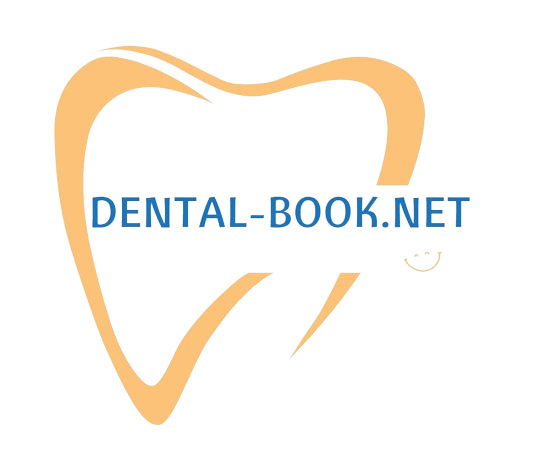


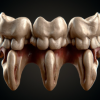
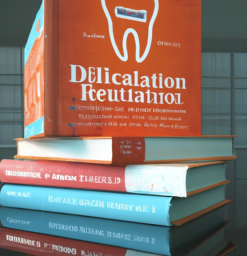
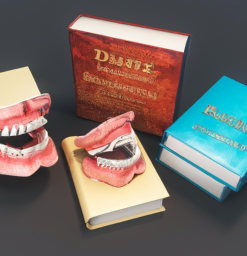


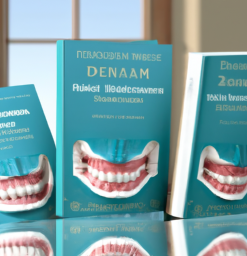
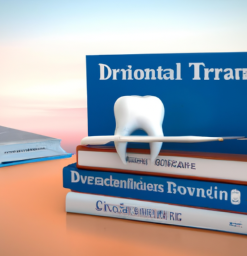


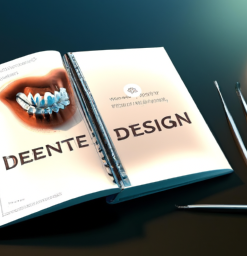

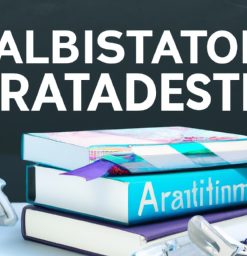


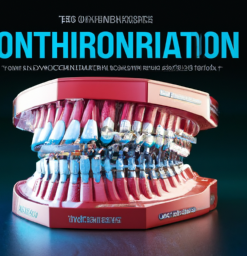
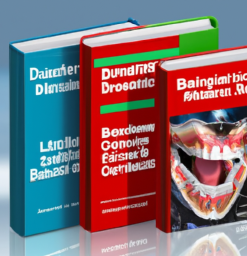


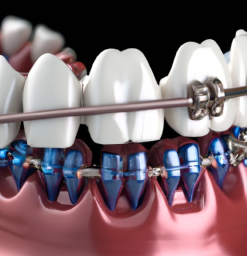


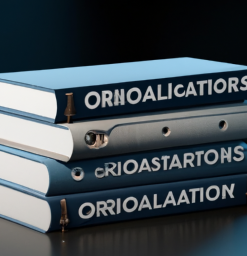

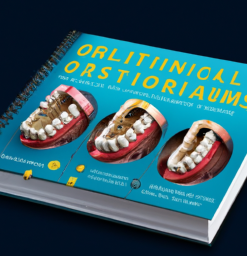

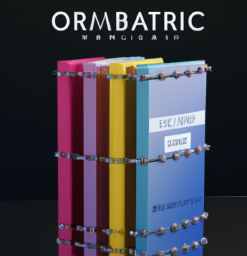

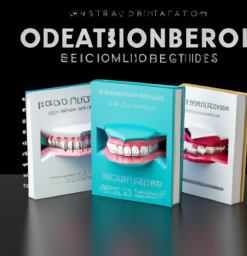
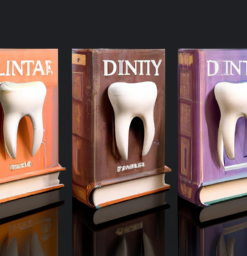
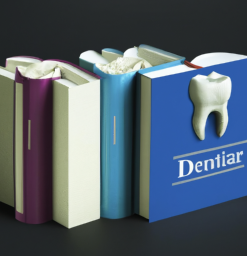
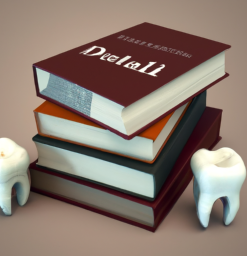
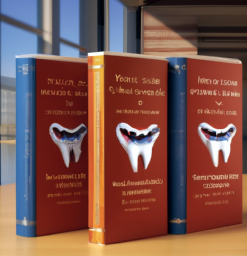
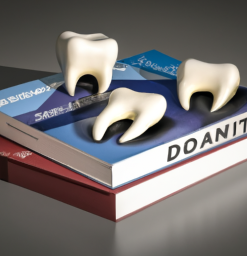

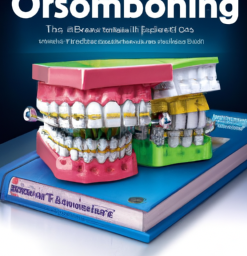


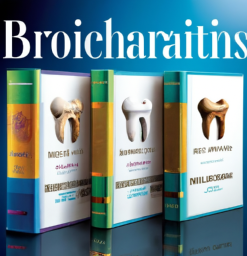

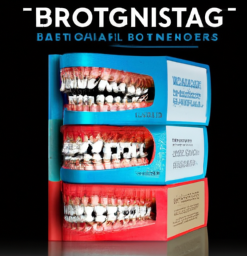


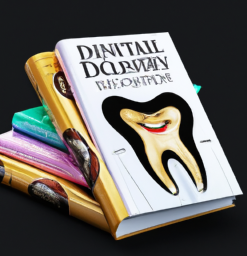
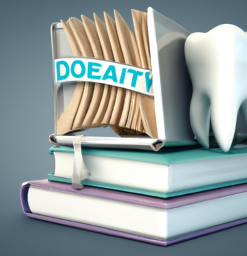

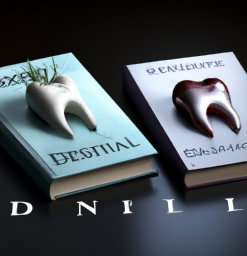

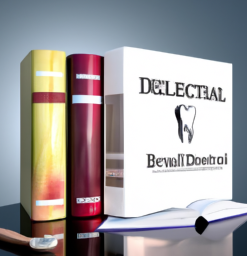

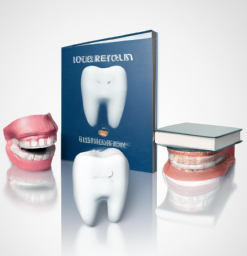
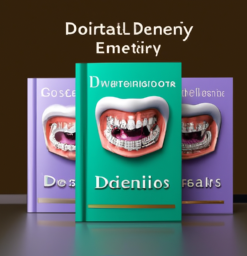
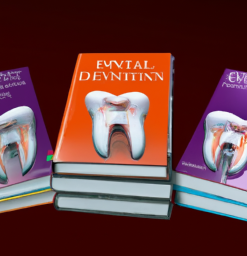
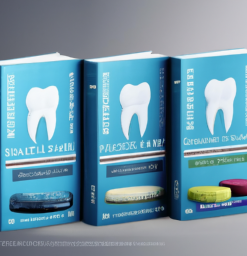
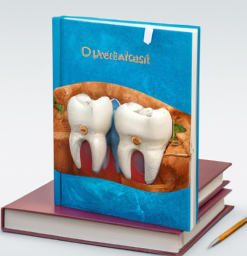
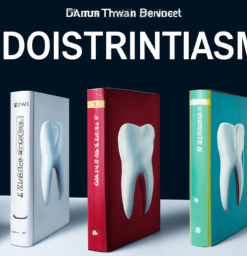

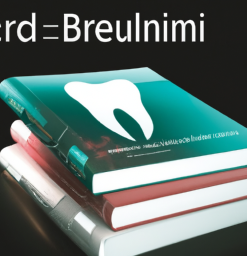


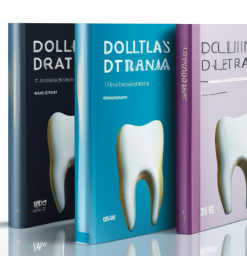


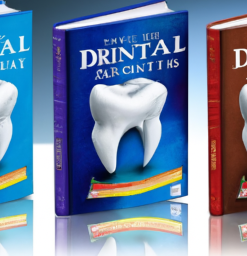
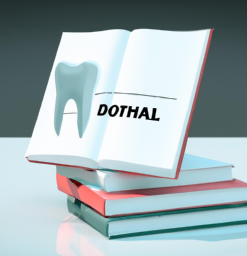
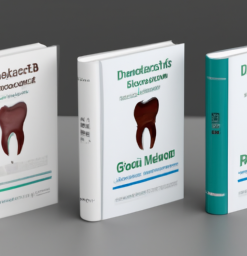
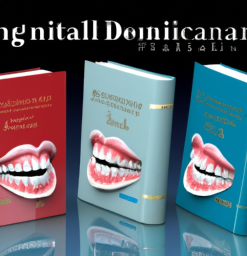


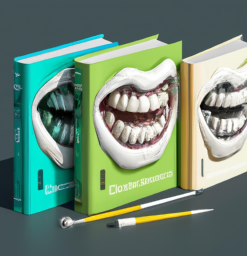
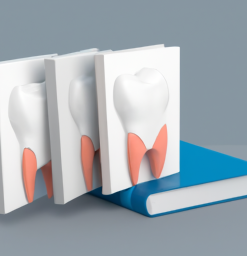

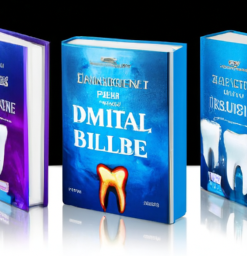
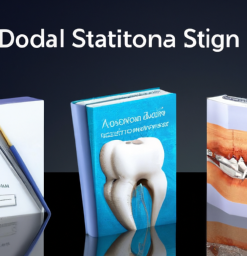
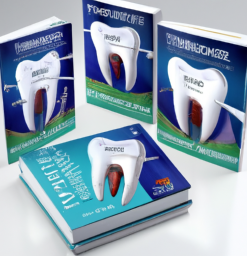
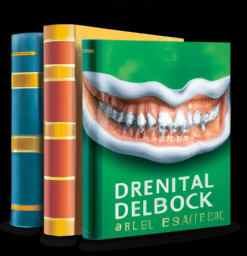
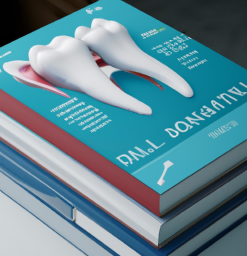

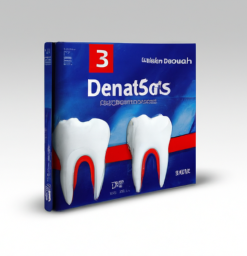
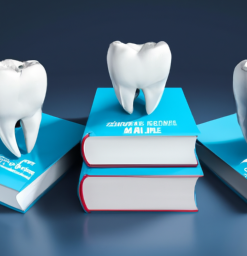
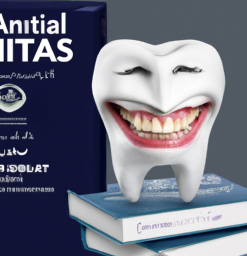
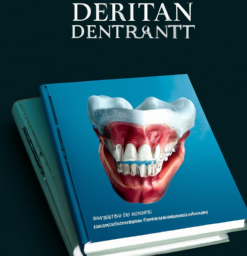
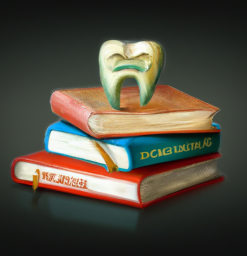


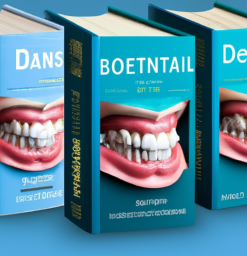
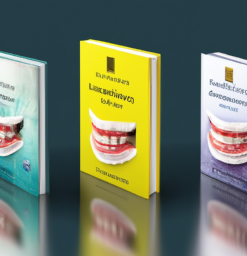
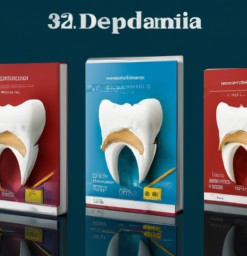
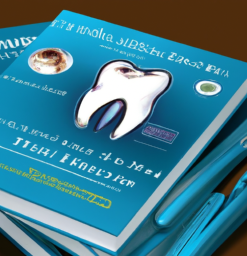
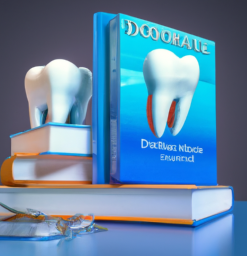
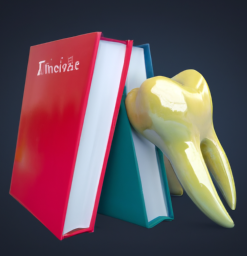

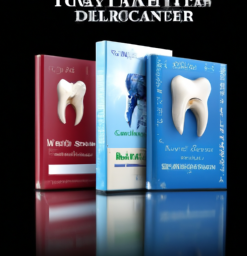
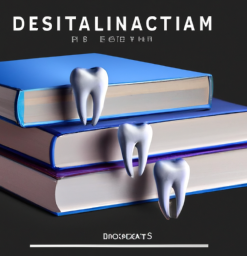
Reviews
There are no reviews yet.